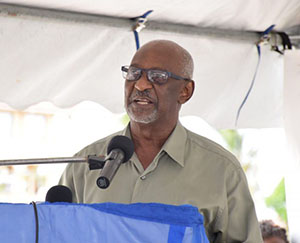Between 1989 and 2016 the number of cooperative societies in Guyana slumped from 1440 to 1268, a decline of 20% according to a 2017 report from a Ministerial Task Force set up to address “the Revitalization of the Cooperative Movement in Guyana.”
And according to the Report, sustained infusion of large amounts of state funds into the cooperative movement over the years had resulted in “inadequate capital formation”, which had the effect of creating a dependency syndrome and ran counter to the spirit of co-operativism.
The Report addresses a range of oft-repeated criticisms of the cooperative movement in Guyana including what it says were major management problems resulting from “a dearth of good managers.” That deficiency, it contended, led to “some degree of mismanagement of resources owned by cooperatives.” This, it said, contributed to a “decline in production/output and eventually in the number of functioning cooperatives.” The Report adds that the provision of “annual subsidies” by government had had the effect of discouraging members of the “apex and district unions from paying their dues.”

